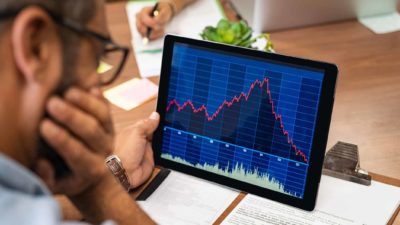Coles Group Ltd (ASX: COL) and Metcash Limited (ASX: MTS) shares have been surging higher in 2020. While the S&P/ASX 200 Index (ASX: XJO) has been hit hard by the bear market, the Aussie supermarket shares are doing well.
But can the current share price growth continue or will these shares fall lower in 2020?
Why Coles and Metcash shares are climbing higher
Coles and Metcash own and operate 2 of the biggest supermarket chains in the country – Coles and IGA. The Woolworths Group Ltd (ASX: WOW) share price hasn't climbed like Coles and Metcash shares so far this year, but is still outperforming the benchmark index.
There's no doubt the coronavirus pandemic has played a big role. We've seen panic buying in the Aussie supermarkets since February when news of the pandemic started to spread. While the reality has now become clear and Australia remains largely locked down, the supermarkets are staying open.
Aussies may not be panic buying, but they're still buying. That's important for supermarkets' earnings and is fuelling Coles and Metcash shares right now. But can this continue in 2020 or is there trouble ahead of the ASX 200 retailers?
Could the ASX 200 supermarket shares fall lower in 2020?
It's been repeatedly stressed that there is no need for panic buying, but it has helped Coles and Metcash shares in 2020.
The Aussie supermarket chains have solid supply chains which should provide access to goods. However, many businesses have not prepared for a total shutdown and such a widespread economic shock from COVID-19.
If the pandemic drags on, we could see some stress placed on supply chains. The government stimulus is designed to keep the economy ticking along in these difficult times. But basic economics suggests that the cost of goods could climb if downstream suppliers struggle to keep up with demand.
There's another threat facing Coles and Metcash shares – hoarding. With so much panic buying going on, the demand for food may slowly drop off. While it will no doubt remain throughout the pandemic shutdown, it could fall lower.
That could leave the Aussie supermarkets with a high cost of goods and a bigger staff without continuing sales. While many are casual staff and would likely be adjusted to suit demand, it could still slow the supermarkets' share price growth in 2020.








